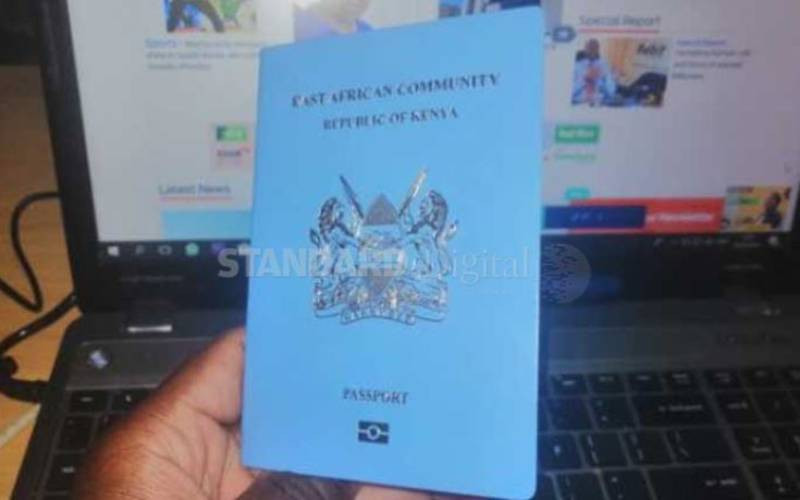×
The Standard e-Paper
Kenya’s Boldest Voice

President William Ruto's announcement that Kenya will become a visa-free country for all visitors starting in January 2024 has sparked a debate among experts on its implications for the country's economy, security, and regional integration.
While some praise the policy as a bold and progressive move that will boost tourism and trade, others warn of the potential risks and challenges that it may pose.